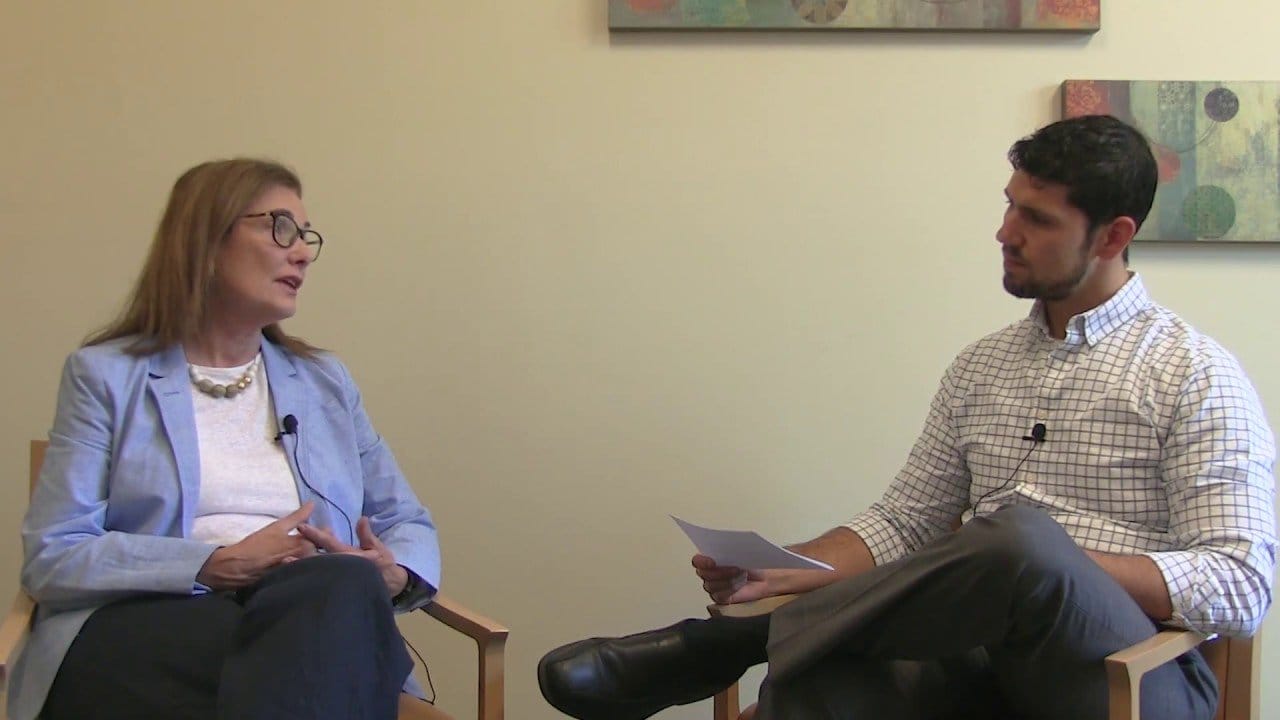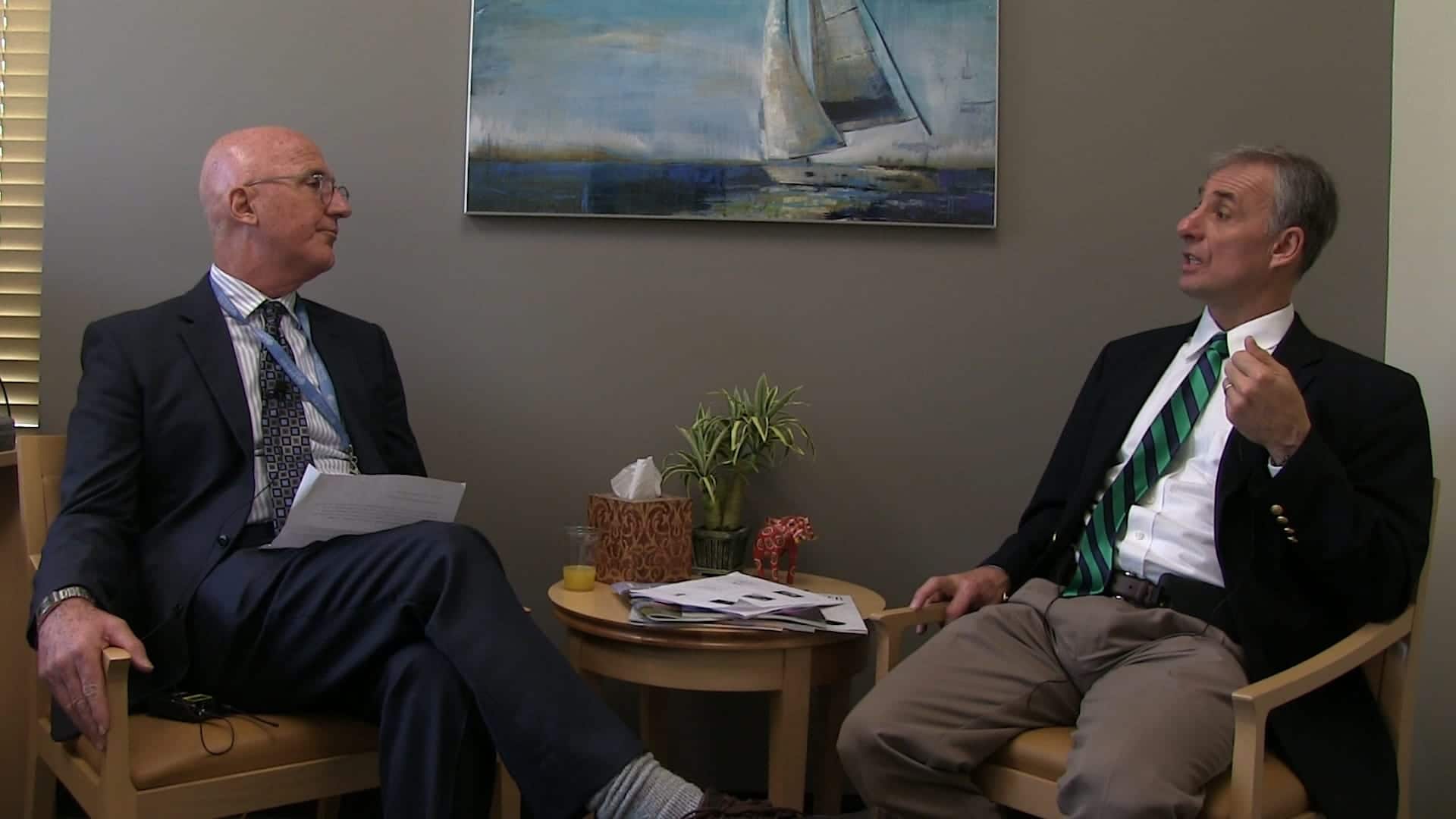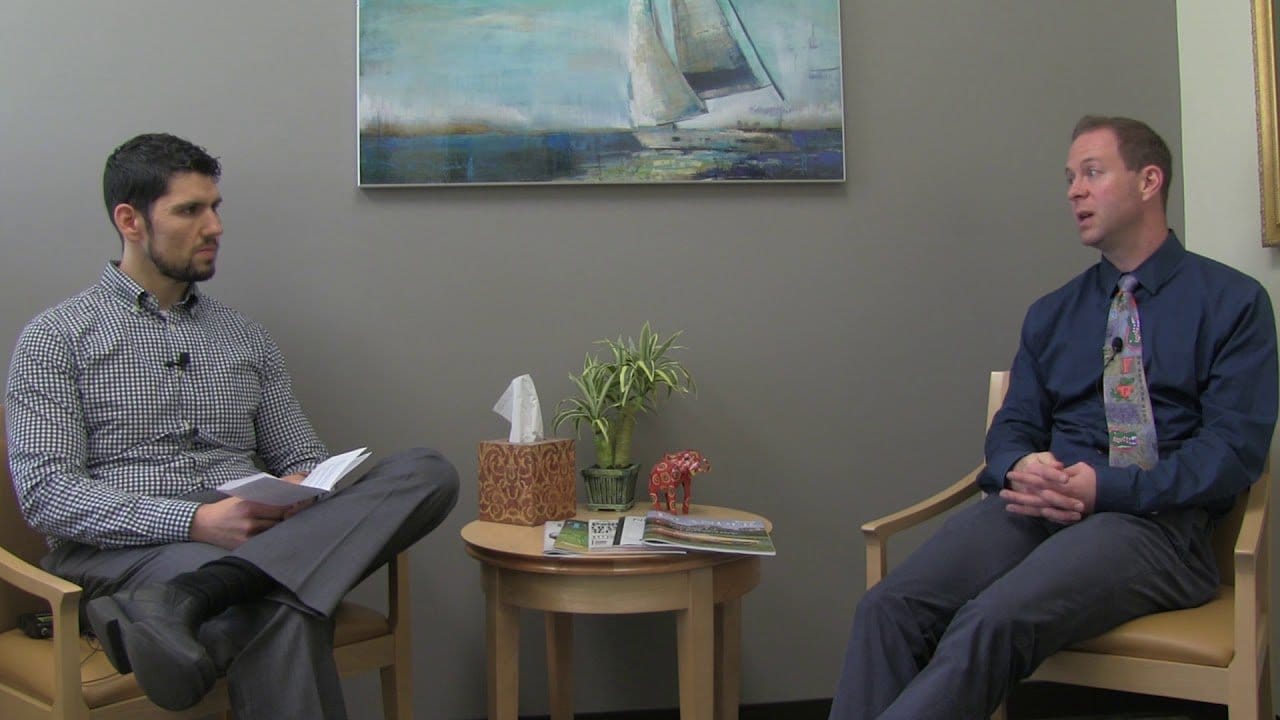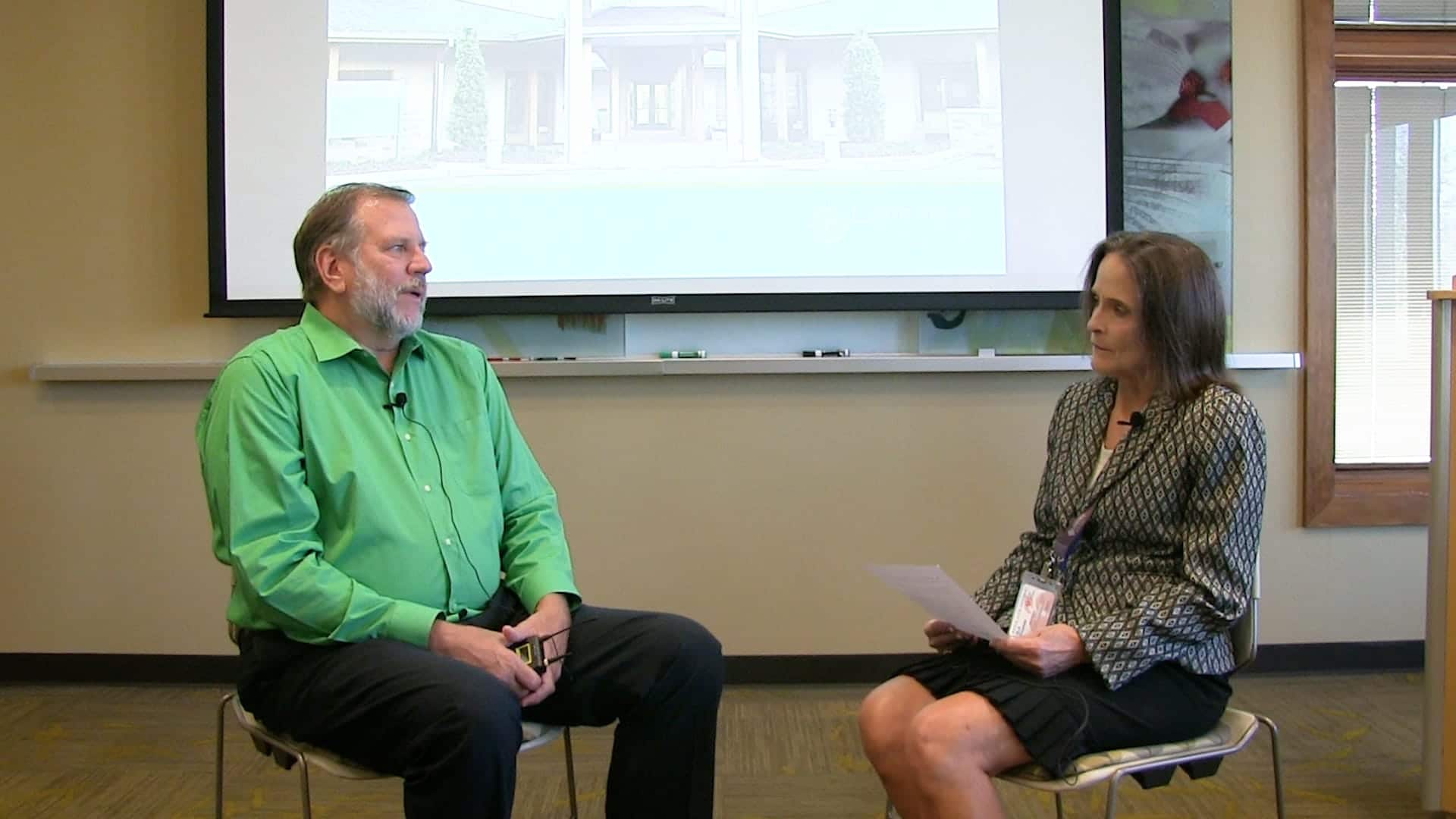We were able to sit down with Jeff and Becky Georgi to talk to them about two of the programs they started to help serve the student and young adult population in recovery.
Podcast Transcript
Gina Thorne: Hi everyone, welcome to the Lakeview Podcast Series. I’m pleased today to be joined by Jeff and Becky Georgi, clinicians from Durham, North Carolina. Welcome. Jeff Georgi: Thank you! Becky Georgi: Thank you for having us. Gina: We’re excited to talk with you today about two very important programs that both of you have been engaged with and founded actually. One of them is the Georgi Educational and Counseling Services and the other is Bluefield Recovery. Before we start talking about specific programs, I’d like to get some information and background on your work in the field. How did you get into the field of addiction? Jeff: Oh, gracious. I was working in a hospital as a Chaplain and everywhere I looked I saw addiction and so I went back to my Bishop and said, “I want to address this issue but I need more education,” and he said fine, and I looked around for a graduate program and it didn’t exist back in the 70s, so I took a series of Masters level courses in neurobiology and others and given my family and just my own personal history of just a really powerful experience beginning to pull the science together, and then I’ve been at Duke University Medical Center since then. Gina: That’s wonderful. And Becky, how about you? Becky: Well, I’m a trained Family Therapist, and that’s how I began my career. I’ve always had a passion for working with families and young adults. And in my work, in the early years, I found that addiction has impacted many young people and their families so I moved from expanding my family therapy training into the field of addiction and then learned that it had touched my family as well. So it gave me an opportunity to learn not only from a professional standpoint but from a personal one, just how important recovery is, not only for the person who has addiction but for the entire family. That’s what lead me in this direction. Gina: That’s great. Well both of you have created this really fabulous program called the Georgi Educational and Counseling Services. Could you talk to us a little bit about what that is? Jeff: Um, well it’s kind of a platform organization that reaches into the community. We work at schools, we work at other places that are sensitive to this issue and the biggest thing we are doing right now is literally training the entire workforce of South Carolina in a model that is specific to Georgi Educational and Counseling Services and that’s just really exciting. Becky: What I would add to what you were saying is that by providing this model that we’ve worked on our whole professional careers we’ve tied that with an intervention for group called Modified Interpersonal Group Psychotherapy and that is what some of the training and staff development is about; helping the clinicians in the field work with a really mean disease and help them form communities of practice so that they can practice the skills that they’re learning through the training and also to support each other as they’re learning new skills and to keep that community together that keeps us supported as we deal with the families and those who are addicted. Gina: It’s so interesting because what you’re talking about is what we do for our clients every day but you’re doing it for clinicians, which often times we’ve had that almost “oh, by the way…” kind of concept related to those folks. Jeff: Well our experience is that the misinformation about addiction is Titanic and because we are still associated with Duke University Medical Center in the division of addiction research and translation, we have access to the most up-to-date research and are actively involved in getting that through Georgi Educational Counseling into the hands of clinicians and it fits in with the model we’ve developed and all that stuff. Gina: That’s wonderful. I’m hoping in a few minutes we’ll be able to direct people to a website that they can learn more about that program which would be great. Before we talk about that though, let’s talk about Bluefield Recovery. Becky, this was sort of your brain child, so tell us a little bit about that program. Becky: Well as a referenced earlier, my whole career I’ve focused on young people, young adults and families and through the years, being both in the treatment world and the academic world, I’ve seen many students and families struggle post-treatment to re-enter the academic world and Jeff and I, later in our careers, we just thought there has to be a way to support these families and students during this important transition period. We know how hard families and treatment centers work to get patients ready to make this transition and yet those are the most vulnerable points. So what we decided to do was to open Bluefield which was a way to support students and their families that have re-entered the academic world, and so we’ve learned a lot over these last two years and that is, students have many hoops to work through, jump through, as they re-enter school, and leaving the treatment world with many tools and a period of abstinence certainly makes for a good start but it does not provide, during that transition, those steps when they are actually back in the environment. And we all know how well we can practice what we’ve learned and so what we offer through Bluefield is support for students through a recovery plan which is worked out with the family, the treatment center aftercare folks, when that’s available to us, and also the school, so we’ve worked really closely with Duke and UNC and we have support people there who help us come up with a plan in terms of the academic courses that are workable so there’s that whole piece that needs to be in place, a manageable load so that school can be managed as well as keeping recovery first. So we do therapy in terms of our clinical practice, work with the families ongoing and then our recovery coaches do the “in the trenches” work in terms of making sure the students and young people have a new community where they can practice their recovery skills and work on the whole issue of abstinence and how that’s going to look, and still have fun in life because this is what our students are the most concerned about; “Am I going to be able to have fun?” “Am I going to be able to be back in this environment and still have a life?” So we’ve just found that the coaching is what has supported the students making the transition and pairing the motivation to get their degrees and have abstinence and a life, putting those two together and working with the family has really made for a powerful intervention that I think has been successful. Gina: And if we adopt more of those types of things I think we would see a higher remissions rates with people in recovery. So this is your first time visiting Lakeview – what are your thoughts? Becky: Wow, I wouldn’t know where to start. You have a great clinical team; we are very impressed with the expertise from the clinicians to the medical folks that we’ve met. And just the physical facility is just very beautiful and welcoming and it really feels like an inclusive community and that part feels really good. I really like what you’ve done around the whole wellness efforts. There’s a sense of that while you’re here that while the treatment piece is important, having exercise and meditation and the pool and a warm, friendly place to have meals, which I think is very important for recovering people. I really love the gender-responsiveness work that you’re doing now because I think it’s so critical. Much of what has been focused on in the treatment world is not as gender-sensitive and so to see the intentional effort that your team has put toward addressing those issues so that folks get what they need when they’re here – both males and females – and the focus you put into your recovery coaching effort, for young adults I think especially, to have that available is really innovative and impressive. Gina: Well thank you so much for your thoughts on that. For those folks that are listening today, if they wanted to access services, whether it’s for the GECS or for Bluefield Recovery, how can they get in touch with you? Becky: Well certainly through our website, Georgi Counseling will bring up our website and will give an overview of our services for both training and consulting and then for Bluefield it’s Bluefield Recovery and that will give an overview of what recovery coaching is about and how that would look. Jeff: And the private practice for Georgi and Associates they can access that and probably the best number to use would be 919-616-4932 which is my number, and Becky’s is 919-616-8245. Gina: Very nice. Well Thank you both for taking the time to come to Jacksonville today and for your presentation on The Spiritual Platform and for those of you that are looking for inpatient residential treatment and need help right away, we invite you to visit us at LakeviewHealth.com or reach out to one of our intake staff members at 866-887-0142.




